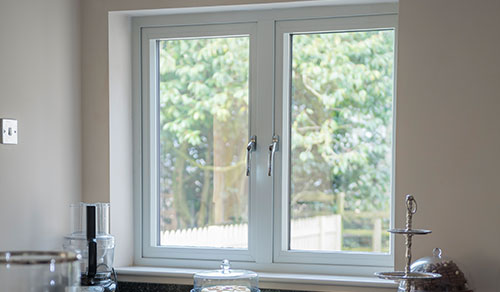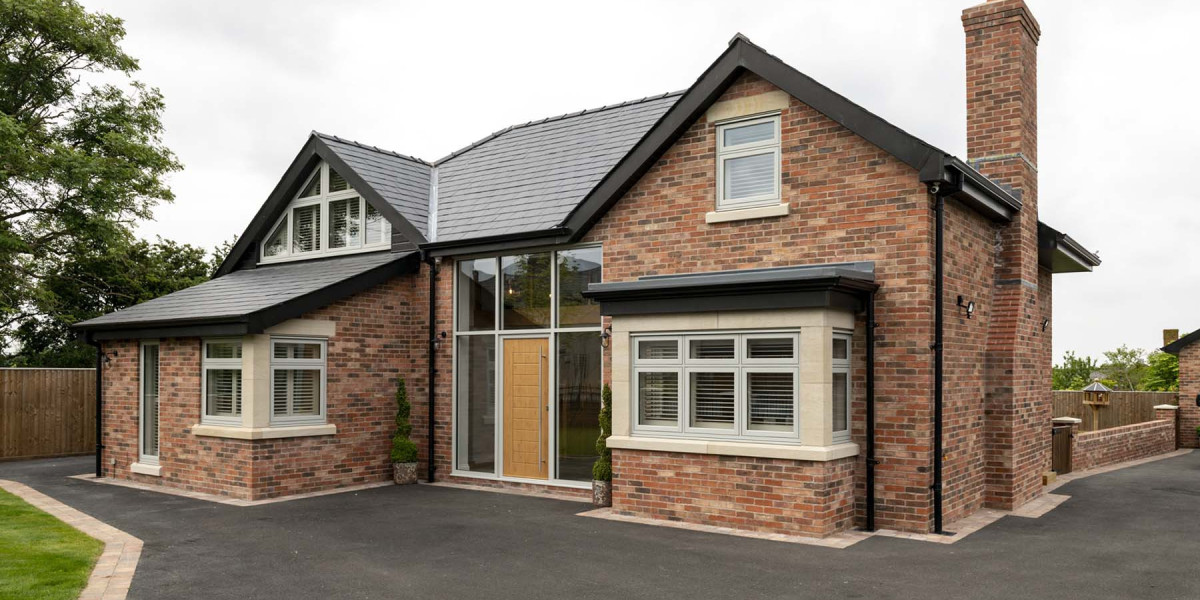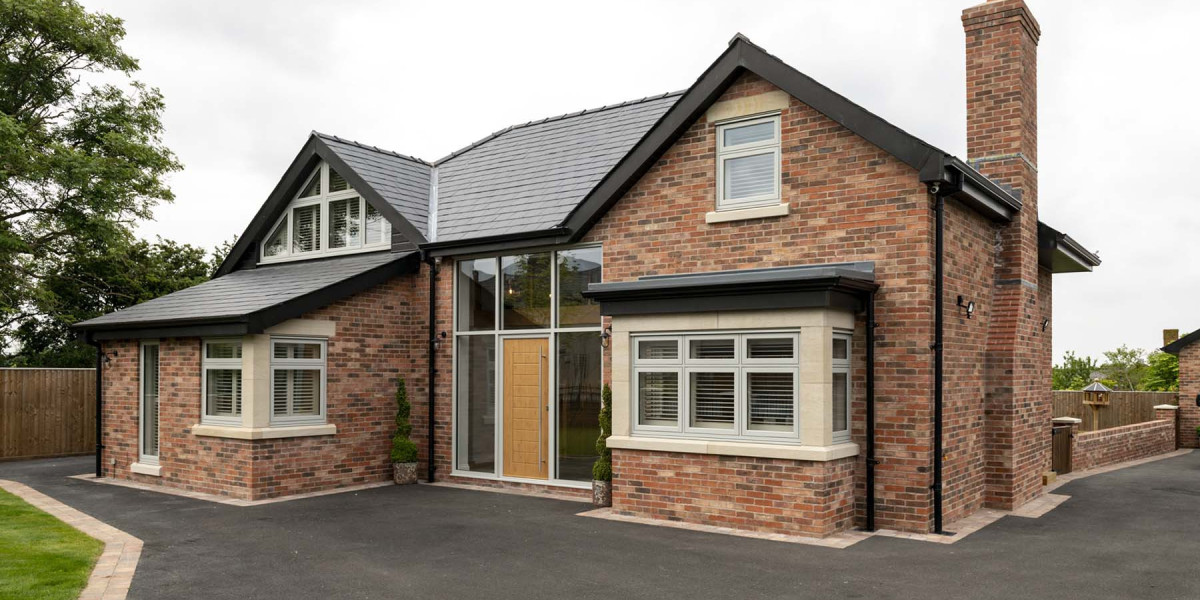In the quest for a comfortable, energy-efficient, and aesthetically pleasing home, window replacement has emerged as a significant home improvement project. Whether you are looking to enhance your home’s curb appeal, improve energy efficiency, or simply replace outdated or damaged windows, investing in new windows can yield substantial benefits. This article will explore the reasons for window replacement, the different types of windows available, and the overall impact of this project on your home.

The Need for Window Replacement
Over time, windows can become worn, damaged, or inefficient. Common signs that it’s time to replace your windows include drafts, condensation between panes, difficulty opening or closing, and noticeable wear on frames. Old windows can significantly impact your home’s energy efficiency, leading to higher heating and cooling costs. According to the U.S. Department of Energy, windows can account for up to 30% of a home’s heating and cooling energy use. Therefore, replacing old windows with energy-efficient models can lead to substantial savings on utility bills.
Benefits of New Windows
1. Energy Efficiency
One of the most compelling reasons to replace windows is to improve energy efficiency. Modern windows are designed with advanced materials and technologies that minimize heat loss in the winter and keep homes cooler in the summer. Double or triple-pane windows filled with argon gas offer excellent insulation and reduce energy costs. Energy-efficient windows are often labeled with the ENERGY STAR certification, ensuring they meet specific energy efficiency guidelines set by the U.S. Environmental Protection Agency.
2. Enhanced Aesthetics
New windows can dramatically enhance the appearance of your home, both inside and out. With various styles, colors, and materials available, homeowners can choose windows that complement their home’s architectural style and personal taste. Whether you prefer the classic look of wood, the durability of vinyl, or the modern appeal of fiberglass, there are options to suit every preference. New windows can also improve natural light in your home, creating a brighter and more inviting atmosphere.
3. Increased Home Value
Investing in window replacement can increase your home’s market value. Potential buyers often look for energy-efficient features, and new windows can serve as a selling point. According to the National Association of Realtors, homeowners can expect to recoup a significant portion of their investment in window replacement when they sell their home. Additionally, new windows can enhance curb appeal, making a strong first impression on potential buyers.
4. Improved Comfort
Drafty windows can lead to uncomfortable temperature fluctuations in your home. By replacing old windows with new, energy-efficient models, homeowners can create a more comfortable living environment. Improved insulation helps maintain consistent indoor temperatures, reducing the reliance on heating and cooling systems.
5. Noise Reduction
For those living in busy urban areas or near highways, noise pollution can be a significant concern. New windows with soundproofing features can help reduce outside noise, creating a quieter and more peaceful home environment. This is particularly beneficial for bedrooms and home offices, where a calm atmosphere is essential for relaxation and productivity.
Types of Windows to Consider
When it comes to window replacement, homeowners have a wide range of options to choose from. Here are some popular types of windows to consider:
1. Double-Hung Windows
Double-hung windows feature two movable sashes that slide vertically. They are easy to clean and provide excellent ventilation. This classic style is suitable for various architectural designs and is a popular choice for many homeowners.
2. Casement Windows
Casement windows are hinged on one side and open outward, providing excellent ventilation and unobstructed views. They are energy-efficient and can be easily operated with a crank mechanism. Casement windows are ideal for hard-to-reach areas, such as above sinks.
3. Sliding Windows
Sliding windows consist of two or more sashes that slide horizontally. They are easy to operate and provide a modern look. Sliding windows are an excellent option for areas where space is limited, as they do not require additional space to open.
4. Picture Windows
Picture windows are large, fixed windows that do not open. They are designed to provide unobstructed views and allow natural light to flood into the home. Picture windows are often used in combination with other window styles to create a stunning focal point.
5. Bay and Bow Windows
Bay and bow windows project outward from the home, creating a beautiful architectural feature. Bay windows typically consist of three panels, while bow windows feature four or more. Both styles enhance natural light and provide additional seating or storage space inside the home.
The Window Replacement Process
The window replacement process can be straightforward, but it is essential to plan and execute it carefully. Here are the key steps involved in replacing your windows:
1. Assessment
Start by assessing your current windows and determining which ones need to be replaced. Look for signs of damage, inefficiency, and aesthetic concerns. Consider consulting with a professional window contractor for a thorough evaluation.
2. Research and Selection
Research different window styles, materials, and energy efficiency ratings. Consider your budget and aesthetic preferences when selecting new windows. It is also essential to choose a reputable manufacturer known for quality products.
3. Professional Installation
While some homeowners may choose to tackle window replacement as a DIY project, hiring a professional contractor is often the best choice. Experienced installers ensure that windows are properly fitted and sealed, preventing future issues with drafts or leaks.
4. Finishing Touches
Once the new windows are installed, consider adding window treatments, such as blinds or curtains, to enhance privacy and aesthetics. Additionally, inspect the installation to ensure everything is functioning correctly.
Conclusion
Window replacement is a valuable investment that can transform your home in numerous ways. From improved energy efficiency and increased comfort to enhanced aesthetics and home value, the benefits are undeniable. By choosing the right windows and hiring a professional for installation, homeowners can enjoy the many advantages of new windows for years to come. If you’re considering a home improvement project, window replacement should be at the top of your list, as it not only enhances your living space but also contributes to a more sustainable and energy-efficient home.

